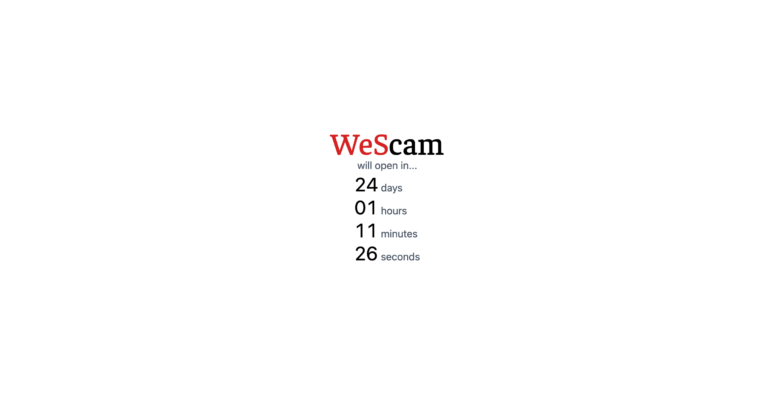Psych journal enters third year
Initial perceptions play a major role in the outcome of a relationship, according to an article in Mind Matters, an annual psychology journal that publishes exclusively Wesleyan students’ research.
The article uses research from New Student Orientation to support this theory. During Orientation, American students who anticipated needing effort to befriend international students were much less comfortable around them, and therefore less likely to confront them. On the other hand, American students who estimated that international students would be interested in becoming friends were more likely to approach them and be extroverted.
Another article discussed the media’s impacts on the prevalence of eating disorders.
“We’re really interested in how other disciplines interact with psychology,” said Laurenellen McCann’09, a senior editor for Mind Matters.
Two University graduates, Steven Wengrovitz ’06 and Sam Duncan ’05, founded the publication in the fall of 2005, hoping to create a forum for students’ original research. They then recruited Julia Kessler ’08, who is currently a senior editor and internal manager of the publication, and the first issue was published in the spring of 2006.
Over the past two years, Wengrovitz and Duncan’s vision has been expanded to provide a chance for students to be involved the process of paper reviewing and editing. Mind Matters has seven senior editors, all of whom are experienced in editing psychological papers, and work together as a board to keep the journal running from the administrative end.
During the review process, a senior editor leads a group of student reviewers in meticulously editing the articles.
“We want to be as professional as possible,” McCann said. “We’re pretty stringent.”
Though Mind Matters is published every spring, the writing and editing process takes place throughout the school year. According to Kessler, the editing process varies for each editorial group.
“Usually the author will spend about a month and a half to two months working with an editorial team composed of a senior editor and one to two student reviewers,” he said.
During the editing process, editors and student reviewers explore further implications of the study, make some adjustments to the articles, and, most importantly, make them more accessible to readers who are not necessarily wellversed in psychology.
According to McCann, the editorial process builds a close relationship between senior editor, reviewers, and author.
“[The relationship] is really strong, and we’re really committed,” she said. “The editors, reviewers, and authors are revising papers on a daily basis. We want to make sure that [the writers are] keeping their vision—they’re happy, we’re happy.”
Senior editors are hoping to attract more student reviewers in order to expand the scope and quantity of articles published.
Kessler explained that no experience is necessary—anyone can sign up to be a reviewer and join in the process of editing incoming research papers, or submit original works of their own.
“Underclassmen who might consider working on the journal for the rest of their time at Wesleyan are especially encouraged, but upperclassmen with research and editing experience in psychology and related disciplines are also welcome,” Kessler said.
Volumes I and II of the journal are currently available outside of the Mind Matters office, which is located in room B9 of the basement of Judd Hall, as well in Olin and the Science Library. Volume III will come out and will be available in the same locations in the Sping 2008.







Leave a Reply